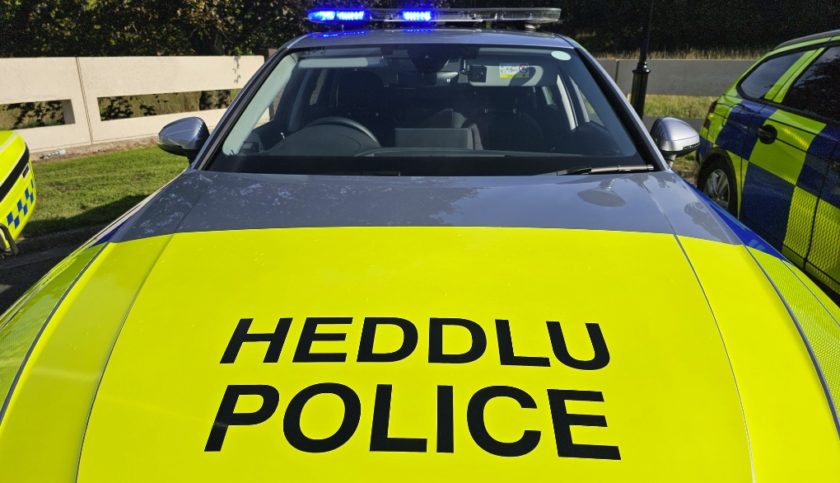Police warn public after seizing car in Deeside with cloned plates

“If something sounds too good to be true, it probably is.”
That was the cautionary message from North Flintshire Police in a Facebook update today, following the seizure of a vehicle in Deeside found with cloned number plates.
Alliance (North Wales and Cheshire Armed Policing Unit) and Traffic officers stopped the vehicle yesterday, discovering it was using cloned plates.
The driver, who had just purchased the car, has now lost both the vehicle and the money spent on it.
This incident serves as a warning to potential buyers: if the price of a car is unusually low, it should raise suspicions.
“Cloning” number plates is a straightforward tactic used by criminals.
They replicate the registration number of a vehicle of the same make, model, and colour, or steal the plates directly from another car.
The cloned plates are then used to commit crimes, often leaving the unsuspecting victim unaware until they receive fines or are stopped by police.
North Flintshire Police said, “there are teams in the background and super clever computer systems that identify when this has happened.”
The police emphasised the importance of vigilance and encouraged the public to be cautious of deals that appear too good to be true.
Number plate cloning rose 26% last year, causing nearly 10,000 car owners to receive unexpected fines and correspondence, a 689% increase since 2013.
One reason for the increase is the rise of ANPR (Automatic Number Plate Recognition) cameras making detection easier, according to Carwow.
Over 11,000 ANPR cameras are now active across the UK which read about 60 million number plates each day making it easier for the police to detect and track vehicles as well as for authorities to automatically issue Penalty Charge Notices.
CCTV is also now commonplace in locations such as petrol stations and car parks to trace the registered keeper for any non-payment.
What to do if your number plate has been cloned
The DVLA says that if someone believes their number plate has been cloned, they should report it to the police as soon as possible.
“Number plate cloning is difficult to avoid, but if you do receive an unexpected penalty notice or driving offence relating to your car, you should inform the DVLA and the police as soon as possible, and you’ll need to dispute it and prove you weren’t driving the vehicle at the time,” said Carwow’s consumer editor, John Rawlings.
“Number plate cloning can cause motorists a lot of stress and hassle. To reduce the risk of being a victim of number plate cloning, we recommend always updating the V5C document (logbook) as soon as possible when you sell your car, and being careful if sharing your car’s number plate in any photos you post online in social media posts or classified ads,” he continued.
A Carwow guide to car cloning explains everything you need to know about car or number plate cloning, what to do if you suspect a car has been cloned, and tips on how to try to avoid your car being cloned in the first place.
Spotted something? Got a story? Email: [email protected]
Latest News
